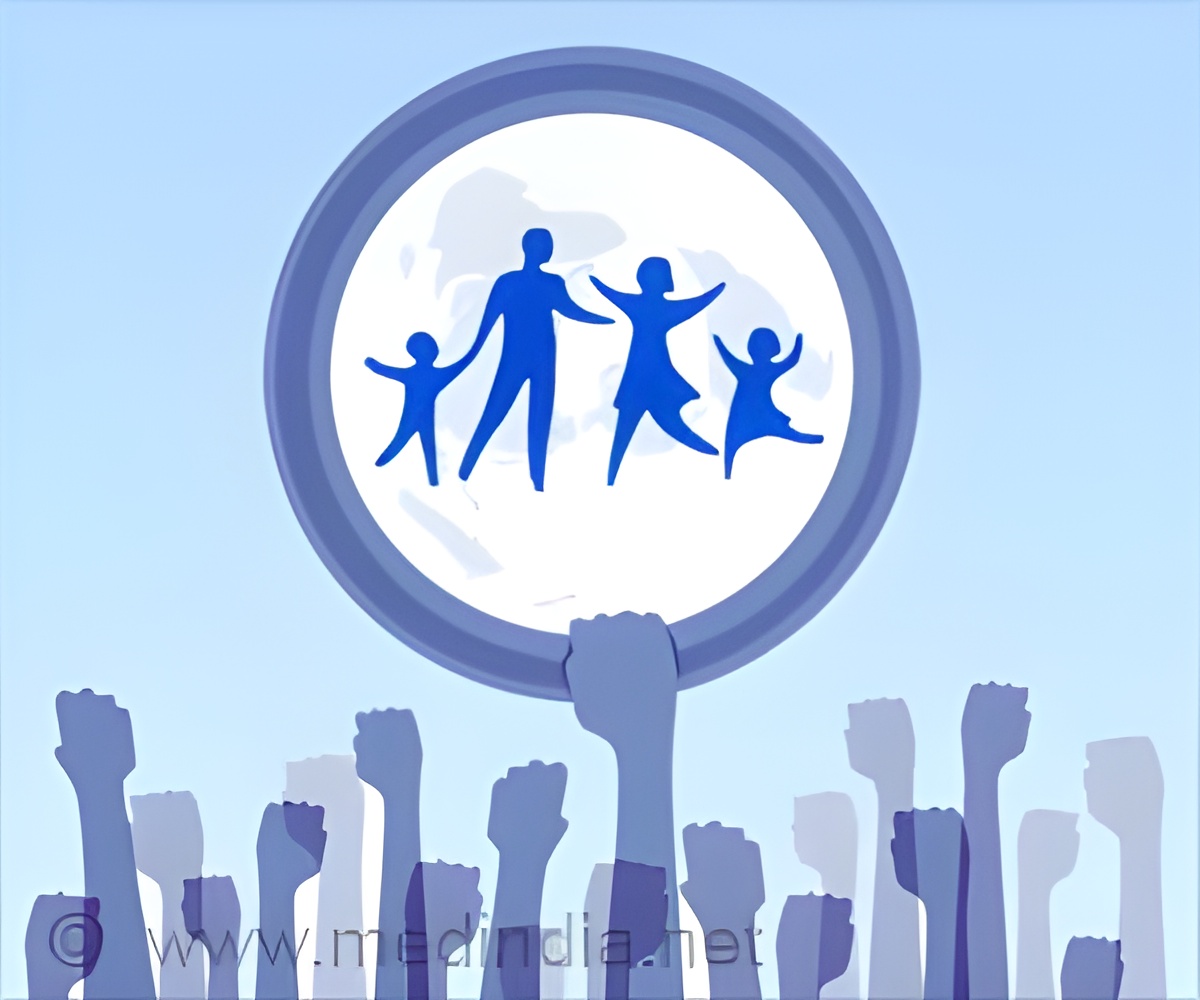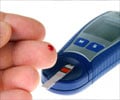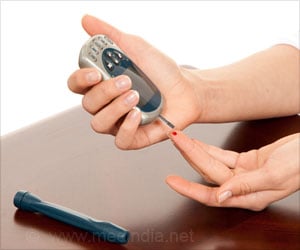
‘Using a quick action to spot and treat dangerous diabetes complications such as low blood sugar (hypoglycemia), seizures or convulsions and lose consciousness can save millions of people who have diabetes.’
Read More..Tweet it Now
The Hormone Health Network, the Endocrine Society’s public education arm, created the KNOW HYPO public awareness campaign to help people identify when a person has severe hypoglycemia. This dangerous diabetes complication occurs when blood glucose, or sugar, levels drop so low an individual can develop seizures or convulsions, lose consciousness, or even fall into a coma. Without quick action, severe hypoglycemia can lead to death.Read More..
Studies show that nearly one in five hospital admissions involving people with diabetes are due to severe hypoglycemia, when levels of blood glucose—the body’s main fuel—fall below 40 mg/dL. Specific medications, including insulin and sulfonylureas, can raise the risk of developing hypoglycemia, which has been identified as one of the top three preventable adverse drug events by the U.S. Department of Health and Human Services.
To help people recognize the signs of hypoglycemia before blood glucose levels drop to the severe point, the Hormone Health Network created informational materials to help the public understand what severe hypoglycemia is and how to intervene when a person is in danger. An infographic, video, poster for use in medical offices, web resources, and social media posts will help raise awareness of this important issue.
“Being prepared for severe hypoglycemia can literally be the difference between life and death,” said Hormone Health Network Committee member Deena Adimoolam, M.D., of the Icahn School of Medicine at Mount Sinai in New York, N.Y. “Talking to coworkers, friends and relatives about your condition and what to do if you develop severe hypoglycemia can help prepare those closest to you in case of an emergency.”
Wearing a medical alert bracelet also can help ensure people with diabetes are quickly diagnosed if they develop severe hypoglycemia and lose consciousness, Adimoolam said.
Advertisement
Once a person develops severe hypoglycemia, glucagon is the quickest treatment to raise glucose levels and prevent worsening hypoglycemia. If a friend, relative or caregiver finds the individual unconscious, the best options are to administer a glucagon injection.
Advertisement















